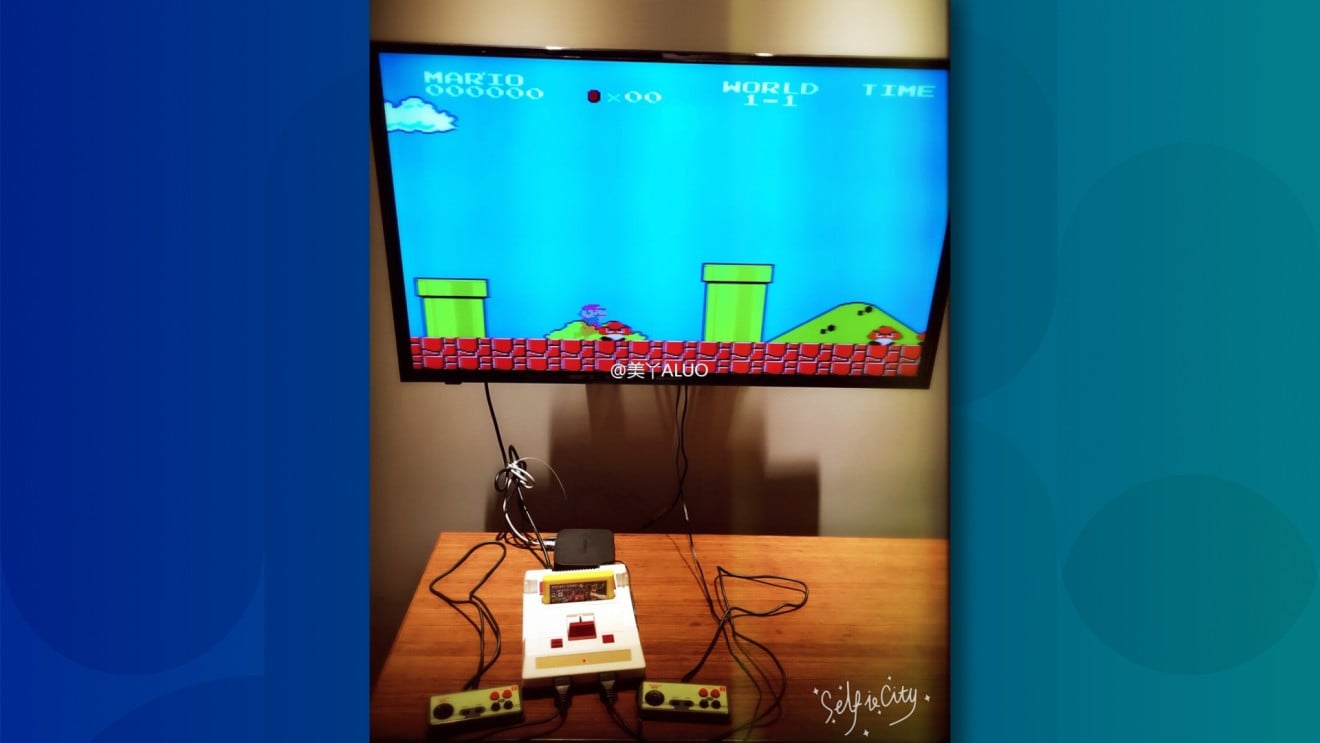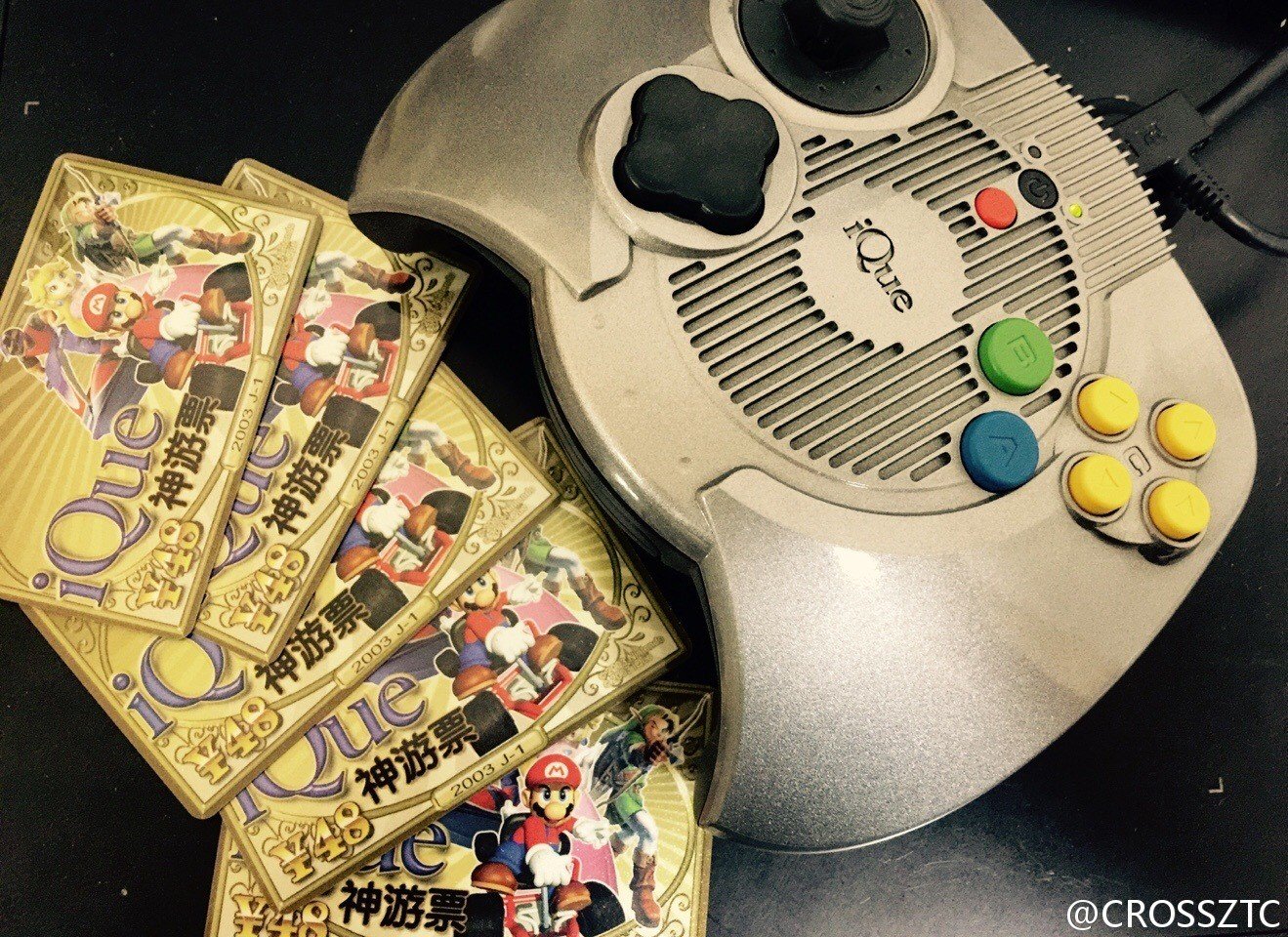
Why the impact of China’s 15-year console ban still lingers today
China banned console gaming from 2000 to 2015, ostensibly over fears of the negative impact gaming might have on children. While handhelds and plug’n’play devices were still sold, PCs became the biggest gaming platform in China.
China is the world's biggest gaming market. But between 2000 and 2015, most game consoles weren't officially available for purchase in the country. The reason? A government ban.

Did it stop people from gaming? Not quite.
It doesn't mean console makers quit the market entirely. The law banned home consoles, but it didn’t specify what constitutes a home console.

With the console ban in full effect for 15 years, Chinese gamers’ consumer habits and behaviors took a dramatically different turn from those in the West. Rather than going to friends’ homes to play games and socialize, Chinese gamers became more used to going to so-called internet cafes where people paid by the hour to access gaming computers.
That had a profound impact on how Chinese consumers perceived how games should be priced. Since they gamed on rented PCs, there was no point in purchasing games. What made more sense for many Chinese gamers was to buy stuff in the game after they logged in with their accounts. Hence, free-to-play and pay-to-win games became more accepted in the country.
When the ban was finally lifted in 2015, companies like Sony and Microsoft started to sell legal versions of their consoles, at first only in the free-trade zone in Shanghai, and later elsewhere across the country too.

However, these companies still face an uphill battle in growing their gaming business. Unlike in the West where these consoles have thousands of games to offer, Sony and Microsoft’s online shops are heavily censored in China. There are now fewer than 200 games available on PlayStation 4 in China.
That's why although more Chinese gamers are getting back into consoles, many still prefer purchasing devices released in Hong Kong or Japan, which offer a far greater variety of games.
For more insights into China tech, sign up for our tech newsletters, subscribe to our Inside China Tech podcast, and download the comprehensive 2019 China Internet Report. Also roam China Tech City, an award-winning interactive digital map at our sister site Abacus.

